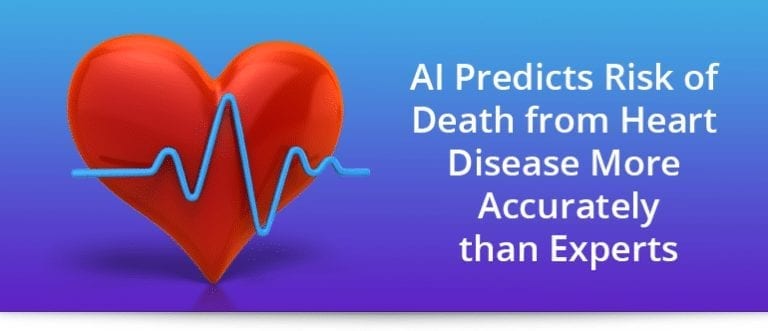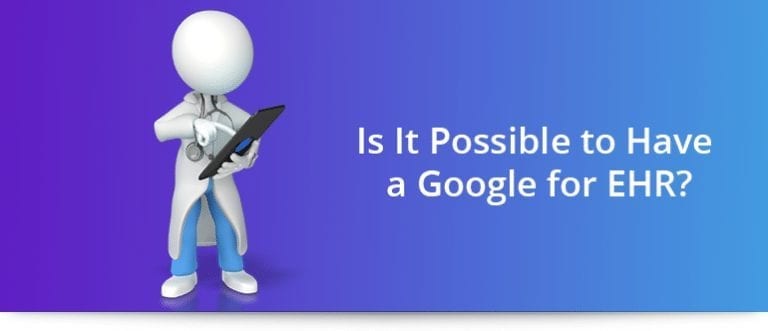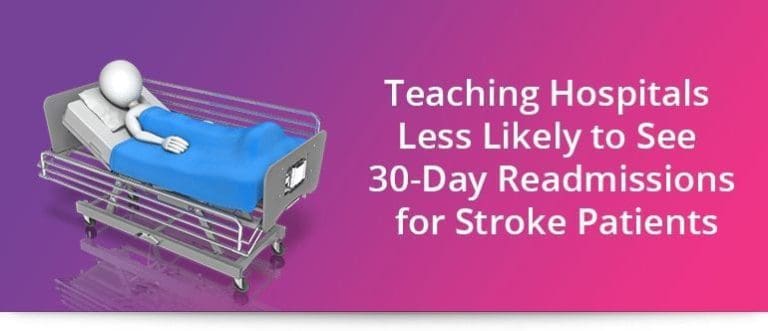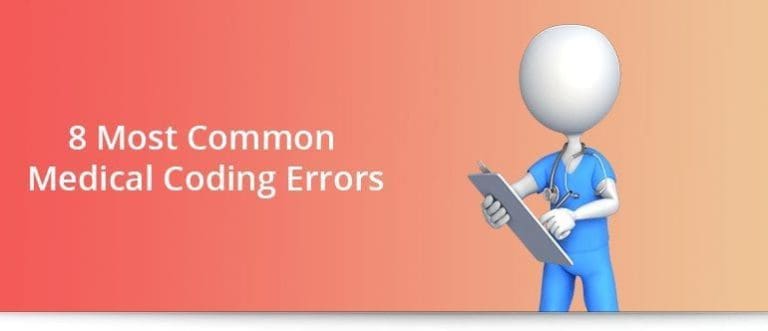Call us toll-free: 800-878-7828 — Monday - Friday — 8AM - 5PM EST
AI predicts risk of death from heart disease more accurately than experts

Leontina Postelnicu for Healthcare IT News The machine learning model uses 600 variables with patient’s data whereas human-constructed models made predictions based on 27, researchers say. Scientists have designed a model using Artificial Intelligence that can predict risk of death in patients with coronary heart disease (CHD) better than expert-constructed models. According to a new…









